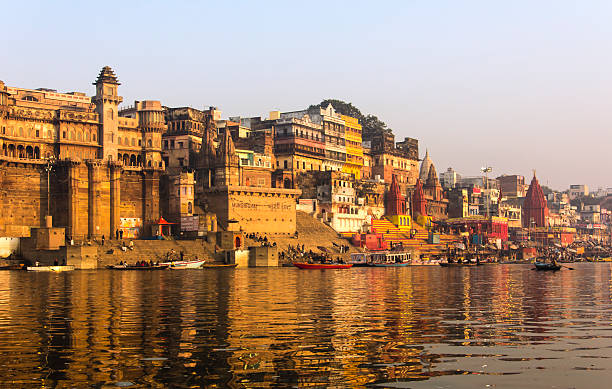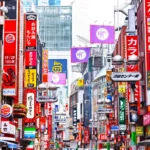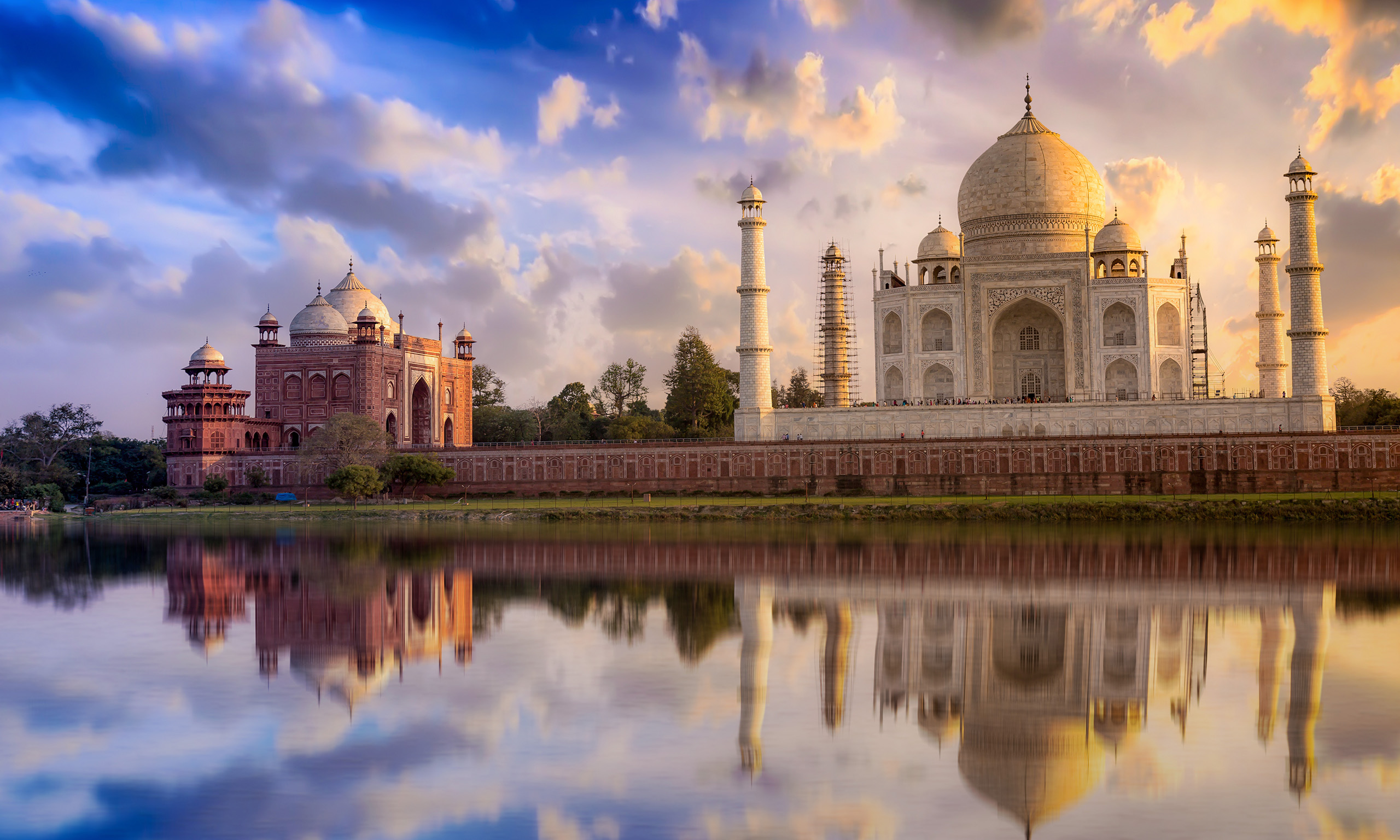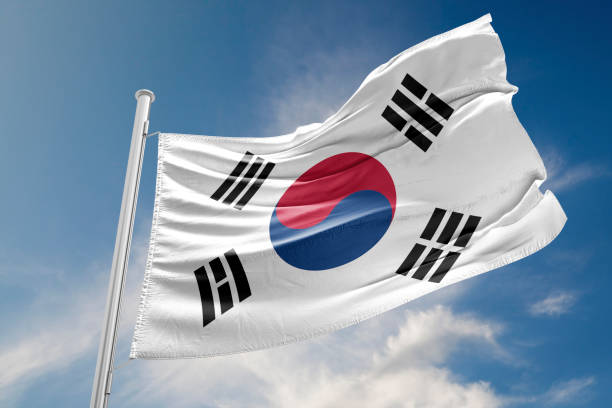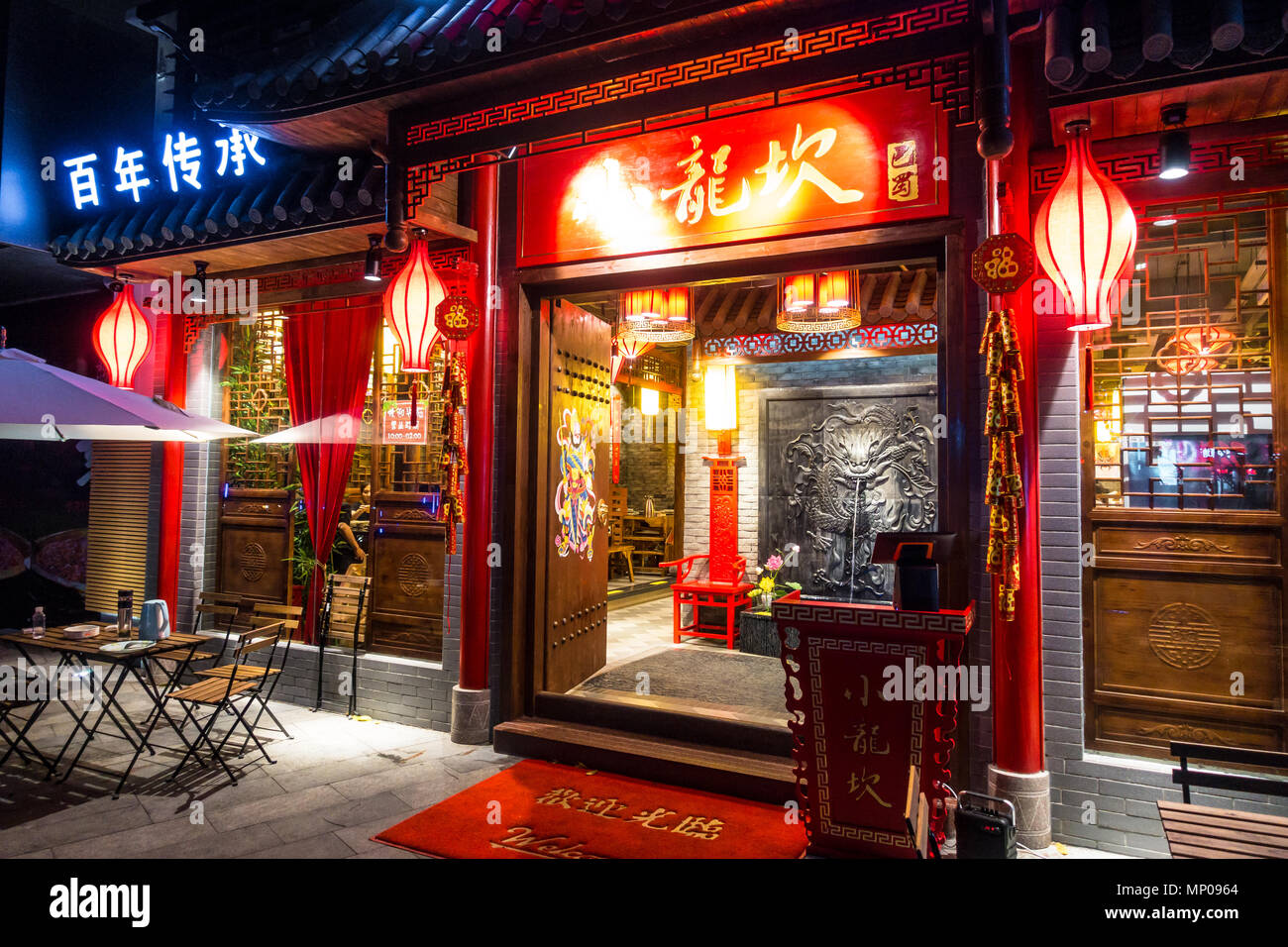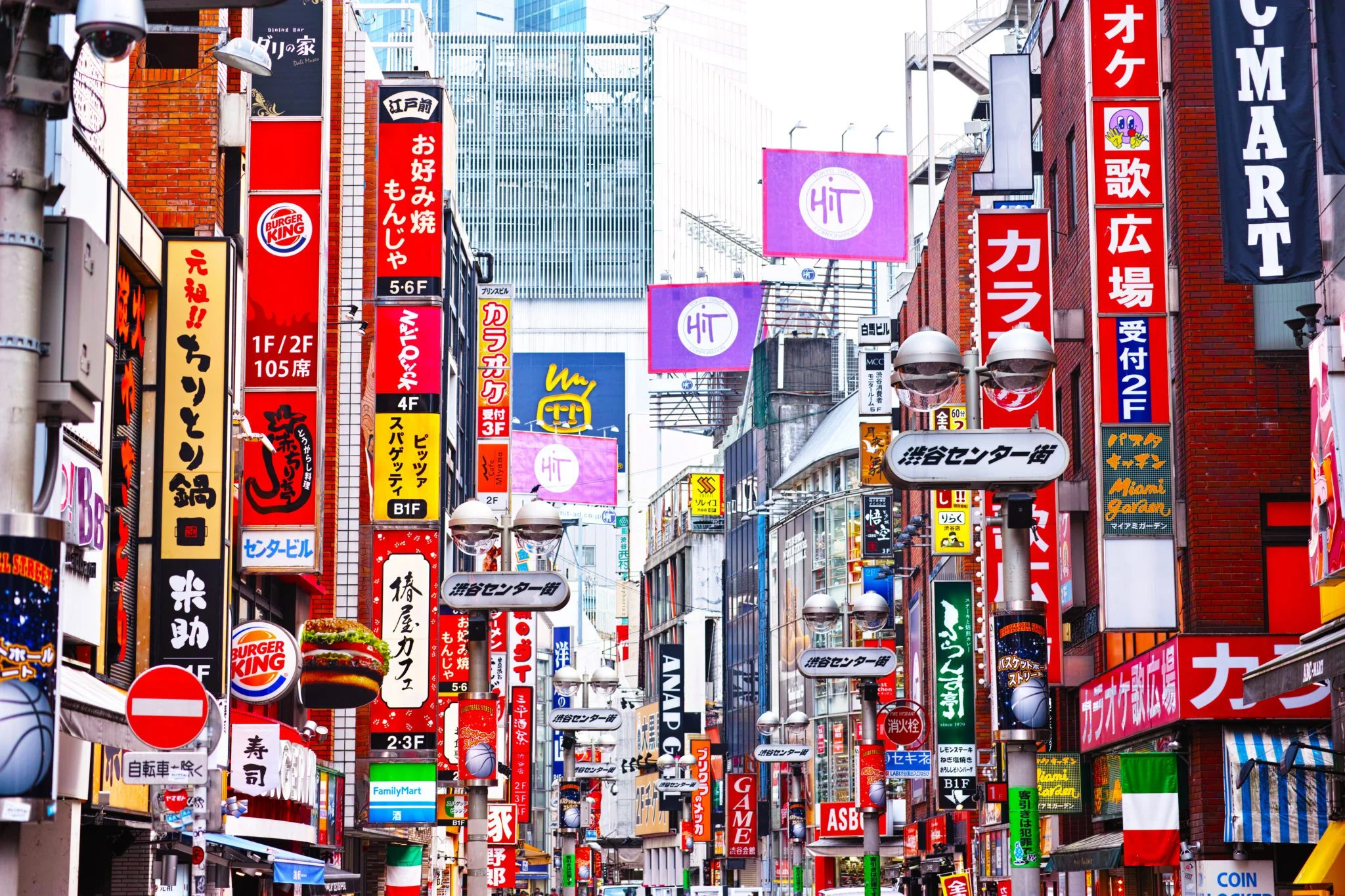Traveling to India can be a diverse and culturally rich experience, offering a mix of historical landmarks, vibrant cities, diverse landscapes, and a variety of cuisines. Here are some key aspects to consider when planning a trip to India:
- Visa and Documentation:
- Most travelers to India need a visa. Ensure you check the specific visa requirements and obtain the necessary documentation before your trip.
- Flights:
- India has several international airports, with major hubs in cities like Delhi, Mumbai, and Bengaluru. Choose the airport that best fits your itinerary.
- Accommodation:
- India offers a range of accommodation options, from luxury hotels to budget-friendly guesthouses and hostels. Popular tourist destinations have a variety of choices to suit different preferences and budgets.
- Transportation within the Country:
- India has an extensive railway network, making train travel a popular and scenic way to explore the country. Domestic flights and buses are also common for longer distances, and taxis or auto-rickshaws are readily available in cities.
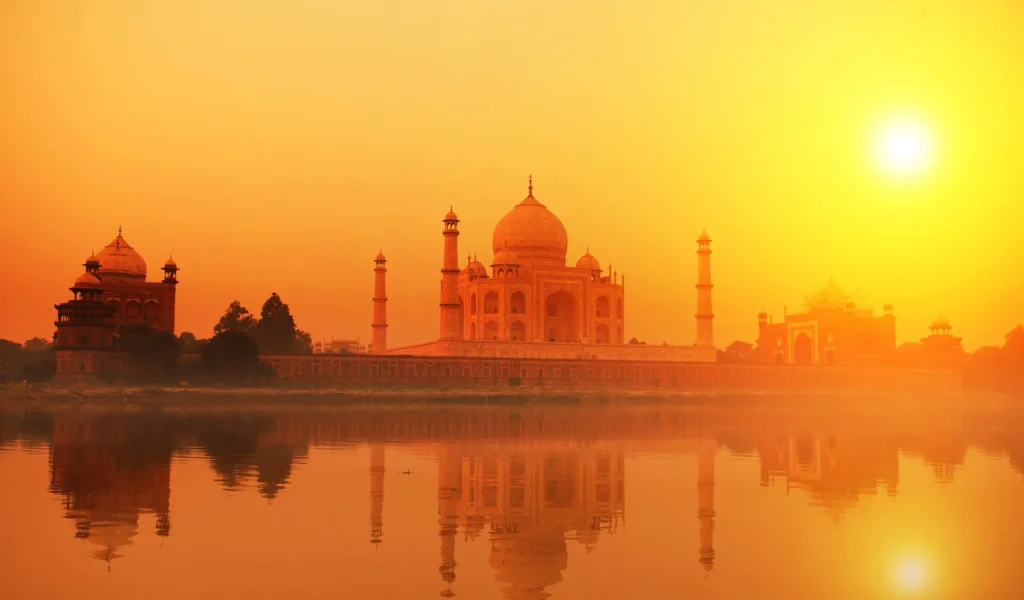
- Must-See Destinations:
- Taj Mahal (Agra): One of the Seven Wonders of the World, the Taj Mahal is an iconic symbol of India. Agra, where the Taj Mahal is located, is a popular destination for history and architecture enthusiasts.
- Jaipur (Rajasthan): Known as the Pink City, Jaipur is famous for its historical forts, palaces, and vibrant markets. The Hawa Mahal and Amber Fort are notable attractions.
- Varanasi: One of the oldest continuously inhabited cities in the world, Varanasi is known for its spiritual significance, ghats along the Ganges River, and vibrant street life.
- Kerala Backwaters: Experience the serene backwaters of Kerala on a houseboat, surrounded by lush greenery and peaceful waters.
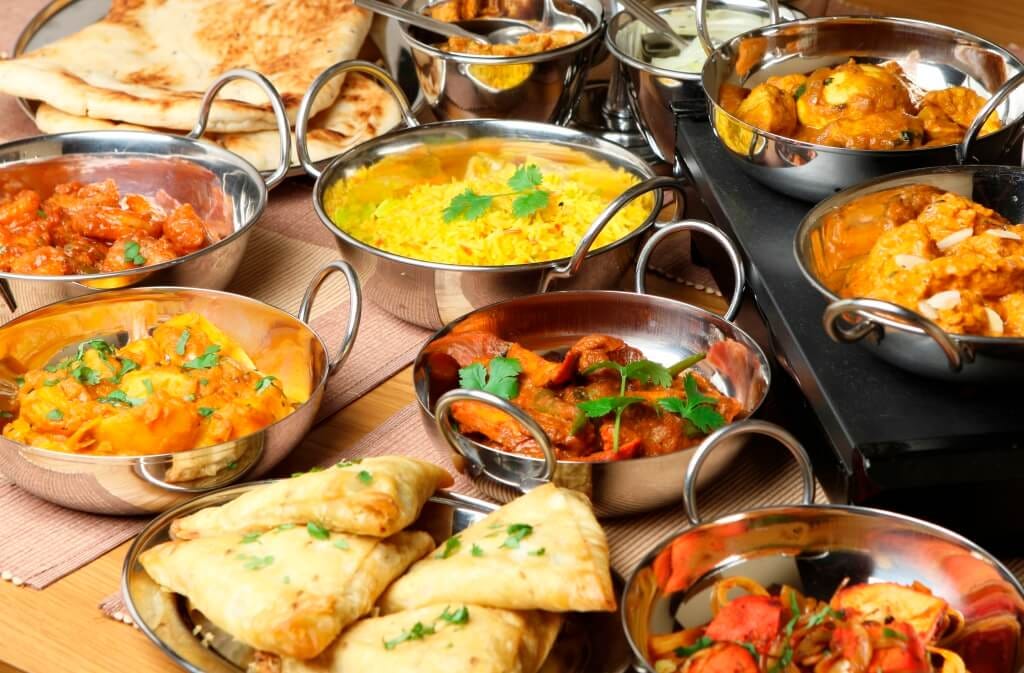
- Cuisine:
- Indian cuisine is diverse and varies from region to region. Try local dishes such as biryani, dosa, curry, samosas, and a variety of sweets. Street food is also a popular and flavorful option.
- Culture and Etiquette:
- India is known for its rich cultural heritage. Respect local customs, dress modestly when visiting religious sites, and be mindful of cultural sensitivities.
- Weather:
- India has diverse climates due to its vast size. Check the weather of the specific regions you plan to visit and pack accordingly.
- Health Precautions:
- Consult a healthcare professional before traveling to India to discuss vaccinations and health precautions. Drink bottled or purified water and be cautious about food hygiene.
- Language:
- Hindi is the official language, but English is widely spoken, especially in urban areas and tourist destinations.
Remember that India is a vast and diverse country, so your experience can vary significantly based on the regions you visit. Embrace the diversity, be open-minded, and enjoy the rich cultural tapestry that India has to offer
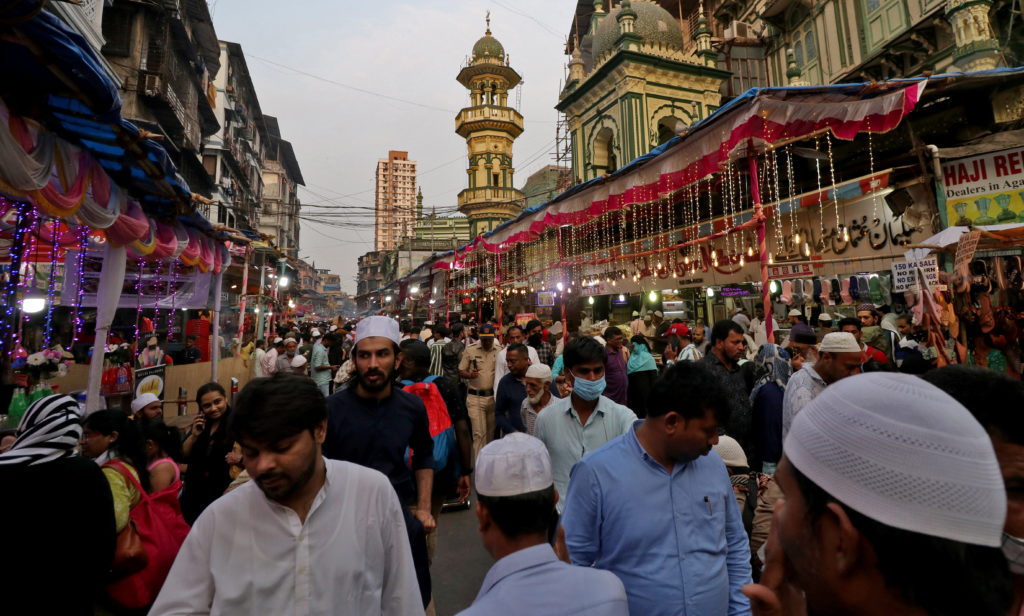
- Festivals and Events:
- India is known for its colorful festivals and events. Depending on the time of your visit, you might experience celebrations such as Diwali, Holi, Navratri, or the Pushkar Camel Fair. Participating in these cultural events can provide a unique and memorable experience.
- Wildlife and Nature:
- Explore India’s diverse natural landscapes. Visit national parks such as Ranthambhore, Jim Corbett, or Bandipur for a chance to spot wildlife, including tigers, elephants, and various bird species.
- Yoga and Wellness:
- India is the birthplace of yoga, and you can find numerous yoga retreats and wellness centers across the country. Consider trying a yoga class or retreat to rejuvenate your mind and body.
- Shopping:
- India is a shopper’s paradise, offering a wide range of traditional handicrafts, textiles, jewelry, and spices. Popular shopping destinations include Delhi’s Chandni Chowk, Jaipur’s Johari Bazaar, and Mumbai’s Colaba Causeway.
- Historical Sites:
- Explore historical sites such as the Qutub Minar in Delhi, the ancient caves of Ajanta and Ellora, and the historic city of Hampi. Each location has a unique historical and architectural significance.
- Beach Destinations:
- India has beautiful coastal areas with pristine beaches. Goa is well-known for its vibrant beach scene, while places like Varkala and Gokarna offer a more serene and laid-back atmosphere.
- Cultural Experiences:
- Immerse yourself in local culture by attending traditional dance performances, visiting rural villages, and trying regional cuisines. India’s cultural diversity ensures a variety of experiences throughout your journey.
- Religious Sites:
- India is home to a multitude of religious sites. Visit the Golden Temple in Amritsar, the Lotus Temple in Delhi, or the Meenakshi Temple in Madurai to witness architectural marvels and spiritual practices.
- Public Etiquette:
- Respect local customs and traditions. It’s common to remove your shoes before entering someone’s home or a place of worship. When visiting rural areas, seek permission before taking photographs.
- Local Transportation:
- Experience local transportation options, such as cycle rickshaws, auto-rickshaws, and local buses. These can offer a more immersive and authentic way to explore cities and towns.
- Language Diversity:
- India is a linguistically diverse country with many regional languages. While English is widely spoken, especially in tourist areas, learning a few basic phrases in the local language can enhance your interactions with locals.
Remember to plan your itinerary based on your interests and preferences, and be open to the unexpected, as India has a way of surprising and enchanting travelers with its richness and diversity.
